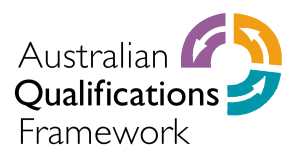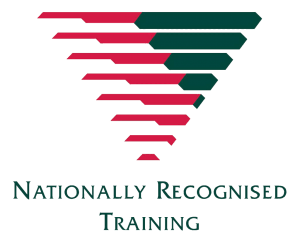This qualification reflects the role of individuals in a variety of information and communications technology (ICT) roles who have established specialised skills in a technical ICT function.
Individuals in these roles carry out moderately complex tasks in a specialist field, working independently, as part of a team or leading a deliverable with others. They may apply their skills across a wide range of industries, business functions and departments, or as a business owner (sole trader/contractor).
The skills required for these roles may include, but are not restricted to:
- advanced networking: configuring and managing virtual computing environments, and security within ICT networks
- advanced programming: applying intermediate and advanced programming skills, managing data and building advanced user interfaces to manage organisational requirements
- back end web development: developing and maintaining website information architecture and data
- business analysis: designing and implementing technical requirements, quality assurance processes and contingency plans for businesses
- cloud architecture: developing, improving and designing cloud infrastructure, including disaster recovery plans
- cloud engineering: building, implementing and managing cloud infrastructure and virtual networks
- cyber security: protecting sensitive data and information through security architecture and developing disaster recovery and contingency plans
- database and data management: creating, designing and monitoring systems that store data and optimise organisational knowledge management
- front end web development: designing dynamic and complex websites, user experience solutions and documents using extensible mark-up languages
- game art and design: creating complex 2D and 3D modelling and animation software through scripts and storyboards
- game programming: creating complex 2D and 3D interactive games and media, building graphical user interfaces and applying artificial intelligence in game development
- systems administration: reviewing maintenance procedures and support to help troubleshoot system applications
- systems analysis: modelling and testing data objects, data processes and preferred ICT system solutions
- telecommunications network engineering: managing logistics, organisational specifications, regulations and legislative requirements across network projects.
Successful completion of all units of competency will result in the award of a nationally recognised Certificate II in Skills for Work and Vocational Pathways from the Foundation Skills Training Package. Participants who do not successfully complete the full program will be issued with a nationally recognised Statement of Attainment for any of the unit/s of competency they have been deemed competent in. Recognition is available for this qualification – see the Participant Handbook or the Recognition Process page for more information.
This training is subsidised by the NSW Government under Smart & Skilled (NSW residents only). For more information and eligibility requirements see https://www.bsilearning.edu.au/funded-training/smart-and-skilled.




